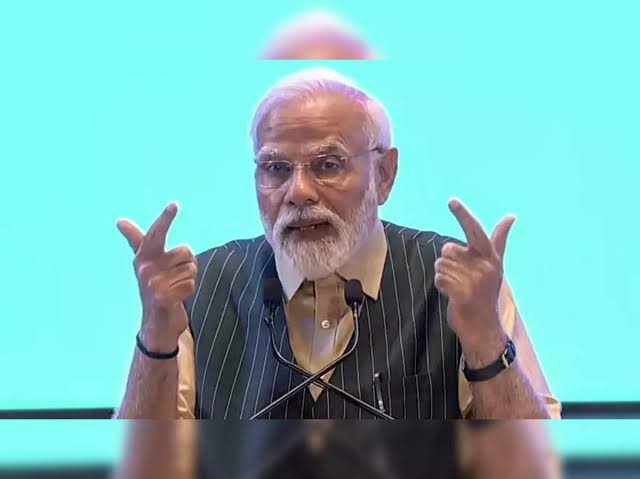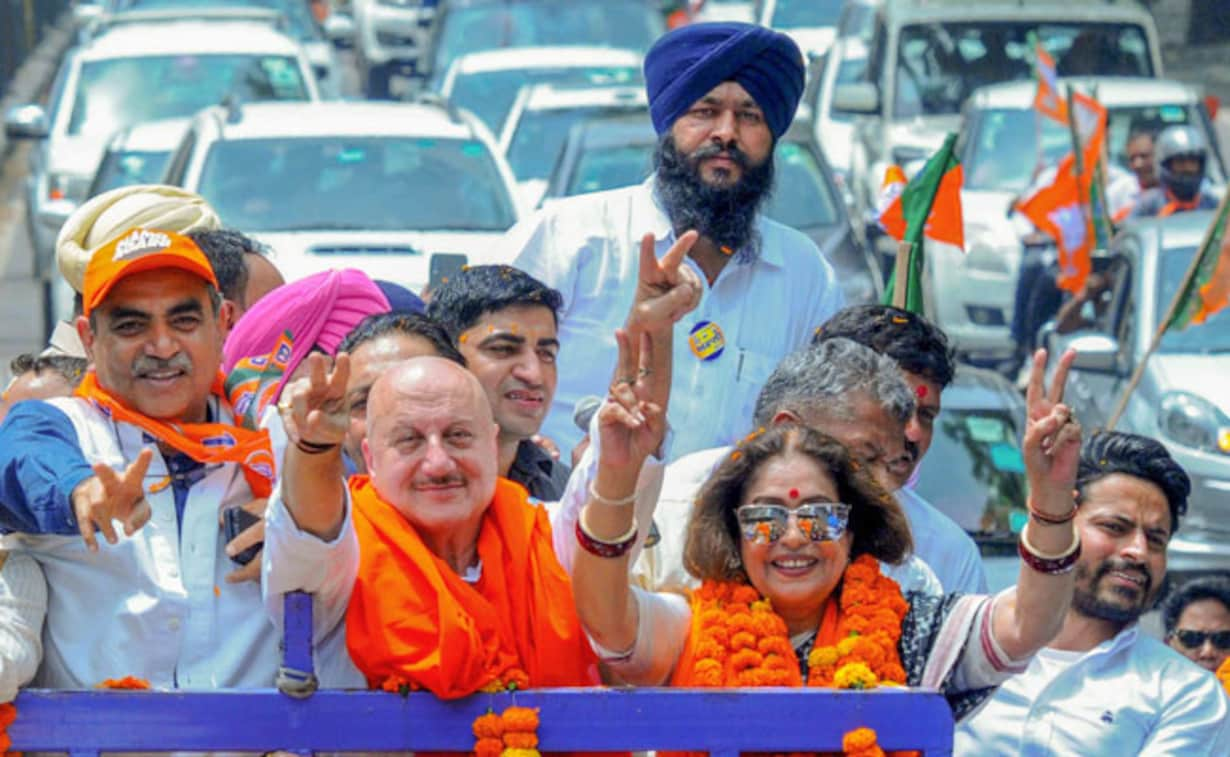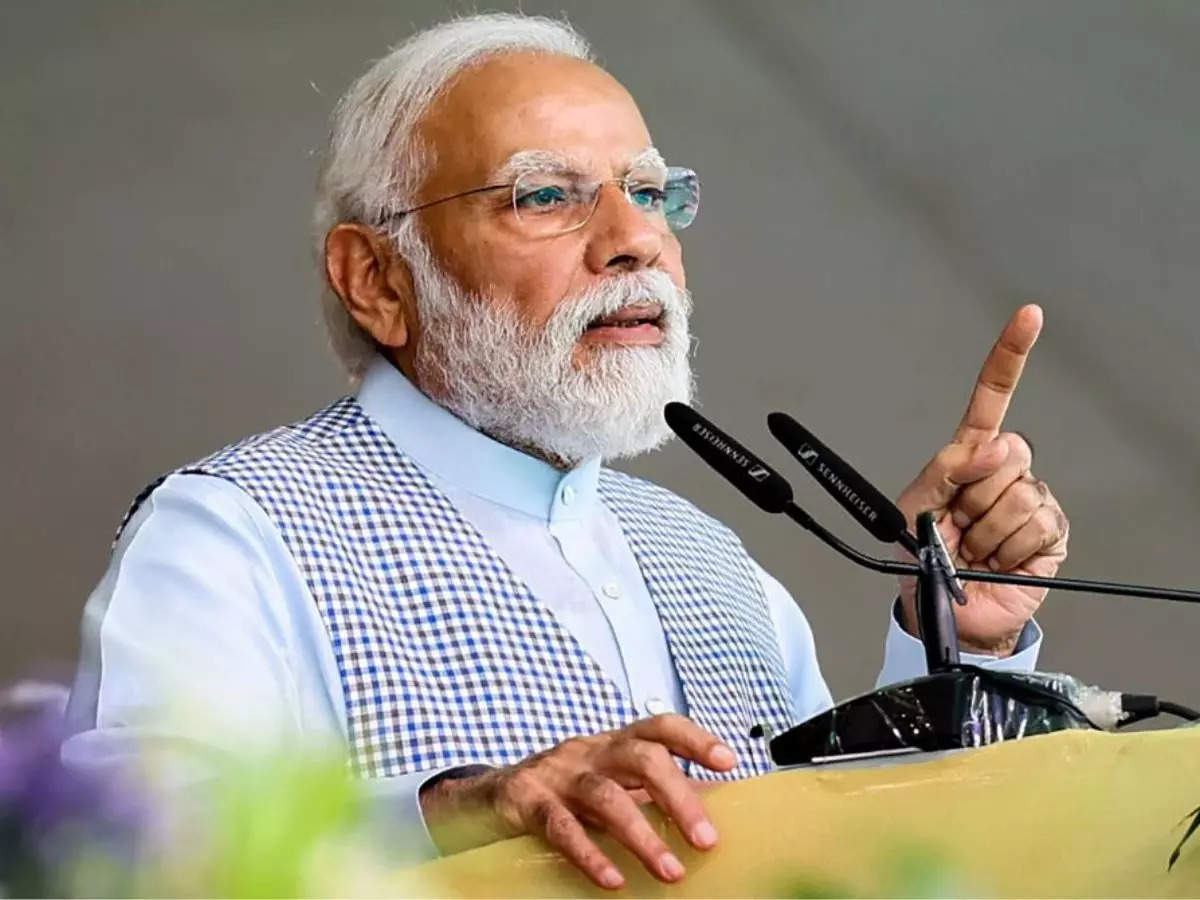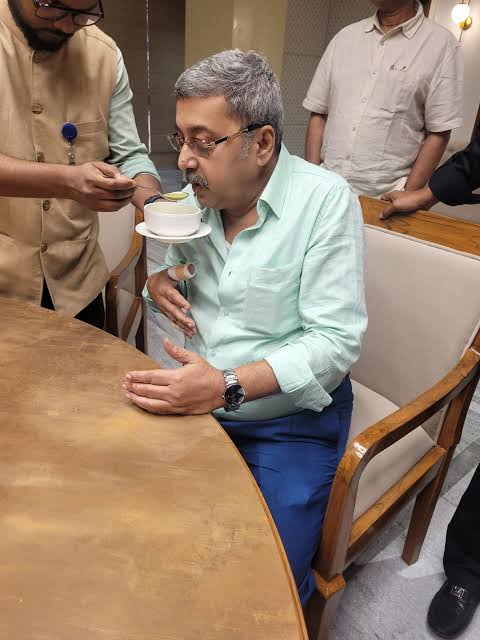Prime Minister Narendra Modi reaffirmed his commitment to linguistic harmony and inclusive education at an event in Delhi, emphasizing that India’s diverse languages have historically coexisted without conflict. Speaking at the 98th Akhil Bharatiya Marathi Sahitya Sammelan, Modi highlighted the government’s efforts to promote education in all major Indian languages, ensuring that no student is left behind due to language barriers.
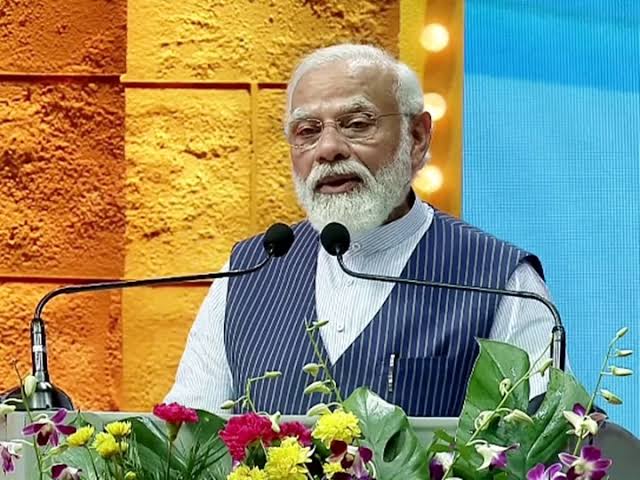 Against the backdrop of a heated debate over the National Education Policy (NEP) and its three-language formula, Modi’s remarks carried a significant message of unity. Tamil Nadu, led by the DMK government, has staunchly opposed the policy, fearing it would impose Hindi on non-Hindi-speaking states. However, the Prime Minister sought to dispel such concerns, stating that Indian languages have always influenced and enriched each other, forming the bedrock of the nation’s cultural and intellectual heritage.
Against the backdrop of a heated debate over the National Education Policy (NEP) and its three-language formula, Modi’s remarks carried a significant message of unity. Tamil Nadu, led by the DMK government, has staunchly opposed the policy, fearing it would impose Hindi on non-Hindi-speaking states. However, the Prime Minister sought to dispel such concerns, stating that Indian languages have always influenced and enriched each other, forming the bedrock of the nation’s cultural and intellectual heritage.
“There has never been any animosity among Indian languages. They have coexisted, borrowing from and strengthening each other. It is our responsibility to embrace all languages and remove any misconceptions that divide us,” Modi said, reinforcing the idea that India’s multilingual identity is a source of strength rather than division.
Modi also emphasized the government’s proactive steps in expanding educational opportunities in regional languages. He noted that students in Maharashtra can now pursue higher education, including engineering and medical courses, in Marathi. The move is part of a broader effort to remove the barriers that non-English-speaking students often face, allowing talent to flourish irrespective of linguistic background.
Meanwhile, the dispute between the Centre and Tamil Nadu over the NEP remains unresolved. Union Education Minister Dharmendra Pradhan called on Tamil Nadu’s leadership to look beyond politics and consider the benefits of the policy for students. The DMK, however, reiterated its commitment to its long-standing two-language policy, asserting that the state was merely seeking its fair share of central funds without compromising on its linguistic autonomy.
Tamil Nadu’s opposition to Hindi imposition has deep historical roots, dating back to the anti-Hindi agitations of 1965, when widespread protests broke out against compulsory Hindi education. The issue remains emotionally charged, with the DMK positioning itself as the protector of Tamil identity. Pradhan, in his response to Chief Minister M.K. Stalin’s letter to Modi, maintained that the NEP does not impose any language but rather provides flexibility for states to adapt the framework to their needs.
The debate over language in education is not just about communication—it is deeply tied to cultural identity, history, and political ideologies. While the Centre insists that the NEP aims to create more opportunities, states like Tamil Nadu fear it could erode linguistic diversity and centralize power over education. The coming months will determine whether a middle ground can be found, one that respects regional sentiments while fostering national unity through education.

